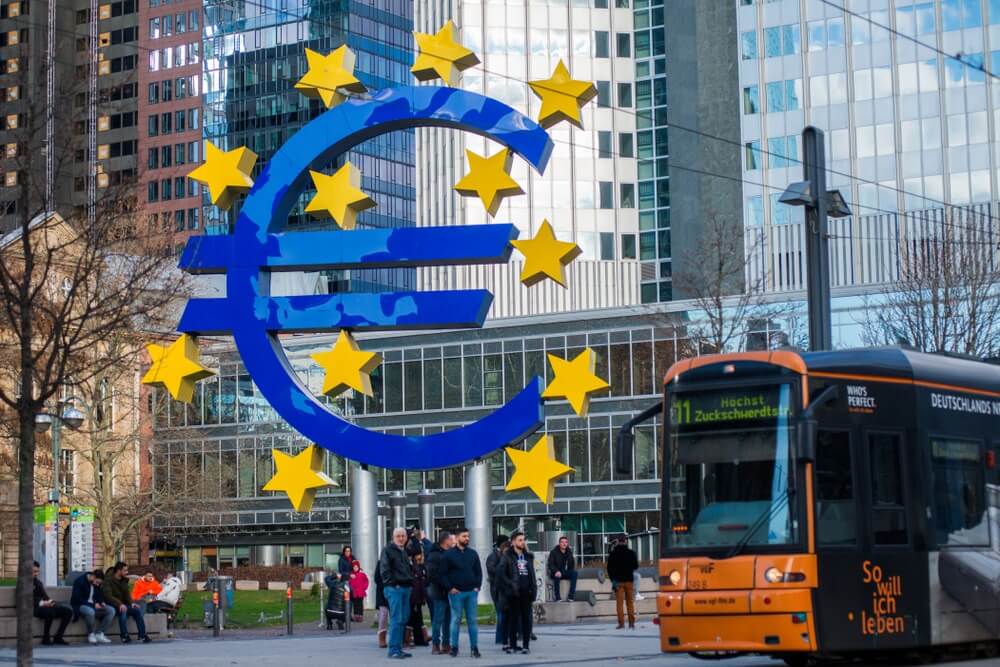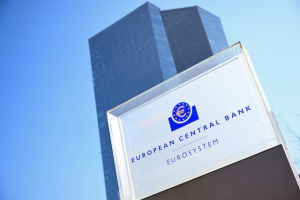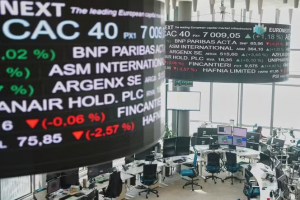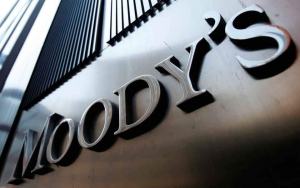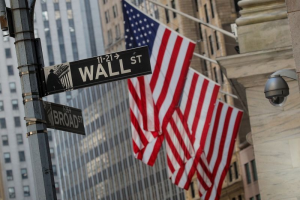Germany and France, the Euro area's largest economies, under-performed the wider region. Image by Yavuz Meyveci / Shutterstock.com. Eurozone business activity contracted in July, with the Purchasing Managers’ Index (PMI) survey indicating a weak economic recovery for the bloc.
Slow economic recovery Hamburg Commercial Bank's (HCOB) preliminary composite PMI, compiled by S&P Global, dipped to 50.1 in July, a five-month low, down from 50.9 in the previous month. The 50 threshold level separates between expansion and contraction.
Services PMI business activity index was 51.9, the weakest level since March, dipping from 52.8 in June. The manufacturing PMI was also at a seven-month low, declining to 45.6 from 45.8 in June.
The manufacturing sector was the key source of weakness, but the modest expansion in the services sector prevented the overall private sector from contracting.
The survey data also revealed that business confidence dropped to a six-month low, which led companies to halt a hiring spree that began at the beginning of 2024.
"It’s unsettling how steadily companies in the manufacturing sector are slashing jobs month by month. The pace has barely changed over the last ten months," said Chief Economist at Hamburg Commercial Bank, Cyrus de la Rubia.
Germany and France, the Euro area's largest economies, underperformed the wider region. Germany's output declined for the first time in four months, while France posted a reduction in business activity for the third month in a row. This contrasted with modest growth in the rest of the bloc.
Rubia added that "while Germany is seemingly struggling to grow, the French economy is being fueled by the Olympic Games. According to anecdotal evidence, French service providers increased their business activity in July due to the preparation for the Olympic Games."
Inflation data Eurozone's annual inflation rate eased in June to 2.5% from 2.6% in the previous month, according to Eurostat's data revealed earlier this month.
The European Central Bank (ECB) revised upward their annual average headline inflation outlook for 2024 to 2.5% from 2.3% earlier. It aims, however, to achieve its 2% target.
The central bank reduced its key rate to 3.75% in June from a record 4% where it has been since September 2023.
"Our work is not done, and we need to remain vigilant. We will not rest until the match is won and inflation is back at two percent," ECB President Christine Lagarde said in the July meeting.
The ECB is expected to deliver deeper cuts this year compared to the Federal Reserve and the Bank of England.
“If only growth was considered, you find a strong argument for a rate cut in September by the ECB," added Rubia.

